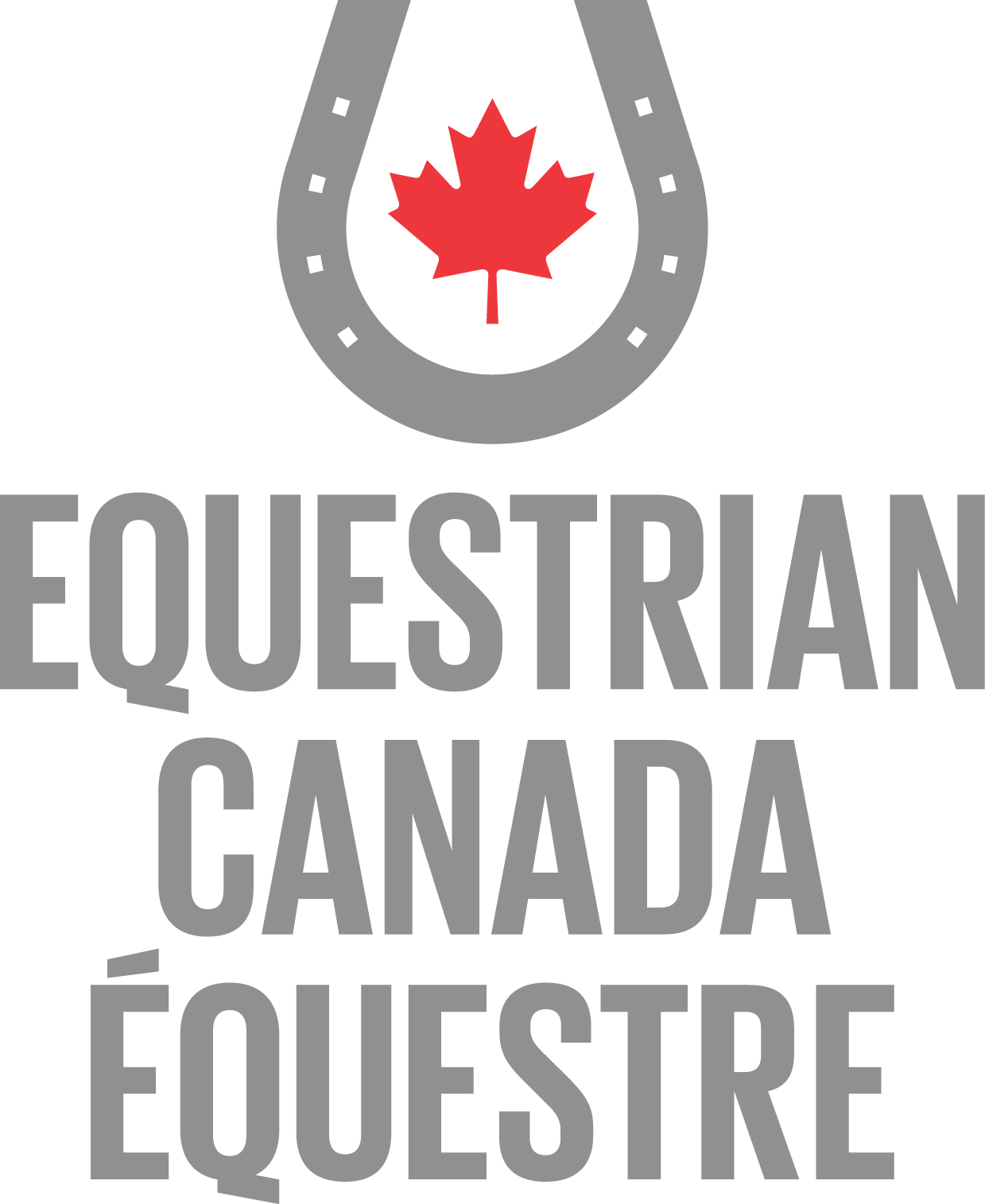Para-Equestrian
Equestrian sport can represent an opportunity for freedom and movement to people with disabilities. It can also be a rejuvenating component in a therapeutic program. With various degrees of assistance and support, horse sport can be a reality for many people, whether a child with cerebral palsy or an adult with paralysis. People with disabilities can learn to ride a horse, compete alongside their peers and progress to high level competitions like the Paralympics or the World Equestrian Games. Challenges can be overcome and the experience is often rewarding.
While Para-Equestrian can serve purely a therapeutic purpose, it can also act as a launching pad to competitive sport. Some of Canada's most elite Para-Equestrian athletes travel to international events several times a year, and have had remarkable success at the Paralympic Games. Currently, the only Para-Equestrian sport recognized at the Paralympic level is Para-Dressage.
Para-Equestrian is the eighth discipline acknowledged by the International Federation for Equestrian Sports, or the FEI. Equestrian Canada considers Para-Dressage a high performance sport, and therefore applies the EC selection criteria in forming the national and development teams.




.png)
